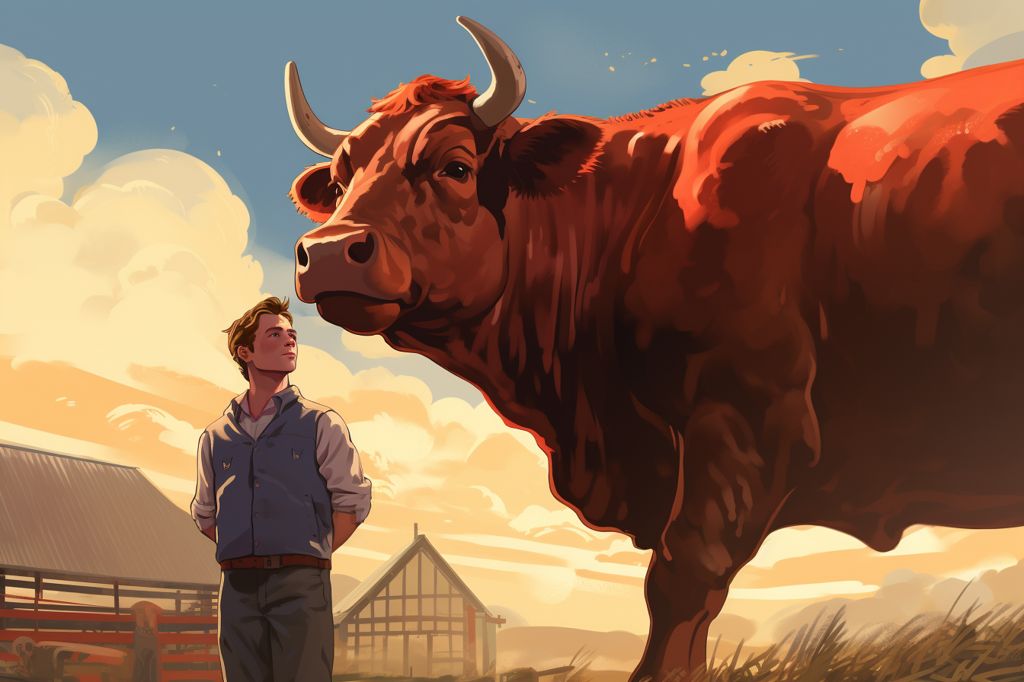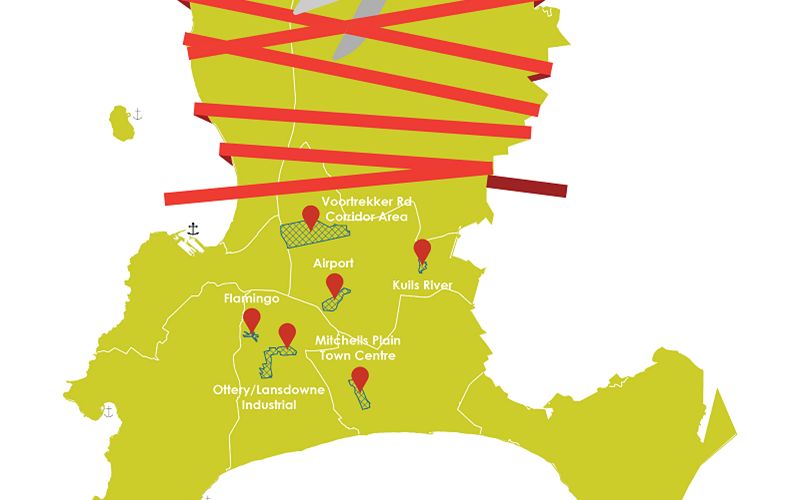The Eastern Cape Rural Development and Agrarian Reform MEC Nonkqubela Pieters has urged emerging farmers to progress towards commercial farming. During an event where beef master cattle were distributed to livestock farmers, Pieters emphasized the importance of treating farming as a business.
Government Support for Emerging Farmers
Pieters reiterated the government’s objective to support farmers in transitioning from emerging to commercial farming. The event saw 116 heifers, 16 bulls, and 11 calves distributed to farmers from various municipalities, including Alfred Nzo, Amathole, Chris Hani, Joe Gqabi, and Sarah Baartman.
Diverse Beneficiaries
The distributed breeds were beef masters, purchased in the previous financial year. Of the beneficiaries, a considerable number were women and young people, demonstrating a growing interest in the farming business.
One of the young beneficiaries, Nosipho Vuthela, expressed gratitude for the livestock received. Vuthela and her team, members of Mabutho Investment and chairpersons of Gedlumhlanga Youth Cooperative and Farmers, plan to use their agricultural diploma in animal production to improve their business and meet market demands. They currently lease a farm but intend to expand their livestock farming by owning a property.
Overcoming Challenges
Stock theft remains a significant challenge for these farmers. Phutheho Tsephe from Matatiele plans to increase his herd and sell steers to the market while continuing animal production. He aims to generate profits for his family and prove his ability to maintain his herd to the government.
Nomasakhane Maqwelane collaborates with her family to run their farm in Amathole. She believes that the new bull they received will improve their business by offering better products to the market. Despite challenges such as stock theft, access to water, and the need for fencing, Maqwelane remains optimistic about the gifted beef master cattle’s potential to bring financial freedom to their business.
Government Support
To support these farmers, the Eastern Cape Department of Rural Development and Agrarian Reform spent R4.5 million procuring Beef Master cattle like bulls and heifers. Sixteen livestock farming enterprises from Alfred Nzo, Amathole, Chris Hani, Joe Gqabi, and Sarah Baartman benefited from this initiative. Additionally, some heifers were pregnant when procured, resulting in eleven calves handed over with the rest of the herd.
Journey Towards Commercial Farming
With the government’s continued support and the determination of these emerging farmers, the transition towards commercial farming holds potential to improve not only their businesses but also the economy and their families’ livelihoods.








